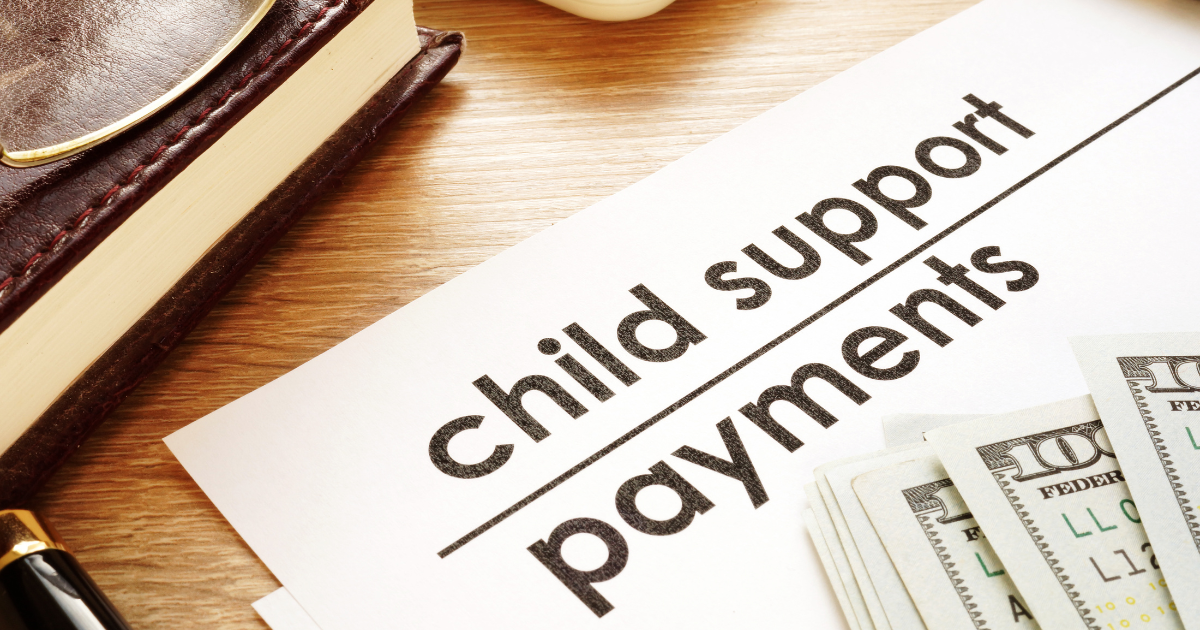Child support payments play an important role in maintaining the financial stability of children after a divorce or separation. However, when life circumstances change, it may become necessary to adjust these payments. In New Jersey, modifying child support payments is a process governed by state law and requires a valid reason.
What Are Valid Reasons for Modifying Child Support Payments?
Modifications to child support payments are typically granted when there is a significant change in circumstances:
- A loss of income.
- A new job with higher or lower wages.
- Changes in the needs of the child, such as medical expenses or educational costs.
- The parent receiving payments experiences a significant change in financial status.
It is important to document these changes thoroughly to demonstrate their impact on your financial situation or the child’s needs.
How Is the Process of Modifying Child Support Initiated?
The process begins with filing a motion to modify child support with the court. The parent seeking the change must submit evidence supporting their claim, such as pay stubs, tax returns, medical bills, or proof of unemployment. This evidence helps establish the legitimacy of the request.
The court will review the submitted documentation and may hold a hearing to assess whether the modification is justified. Both parents will have the opportunity to present their arguments and evidence. It is advisable to be as thorough as possible when preparing these materials.
Can Child Support Payments Be Changed Without Court Approval?
Child support modifications must be approved by the court to be legally binding. While parents may agree informally to alter the amount of support, these agreements do not have the force of law unless they are submitted to and approved by a judge. Without court approval, the original order remains enforceable, and a parent could face penalties for failing to comply. Parents are encouraged to formalize any agreements to protect themselves from potential disputes in the future. Submitting a consent order, which both parties sign, is one way to achieve this.
How Does the Court Determine Whether to Approve a Modification?
The court evaluates whether the requested change is reasonable and necessary. Judges consider factors such as the financial resources of both parents, the needs of the child, and the original child support agreement. The parent requesting the modification must demonstrate that the change in circumstances is substantial and directly affects their ability to pay for the child’s financial needs. It is important to remember that the court’s primary concern is the welfare of the child. Any decision will be made with the goal of maintaining the child’s standard of living.
What Happens if the Request for Modification Is Denied?
If a request for modification is denied, the original child support order remains in effect. This can happen if the court determines that the change in circumstances is not substantial or lacks sufficient evidence. Parents who are unsuccessful in their initial request may appeal the decision or file a new motion if additional evidence becomes available or circumstances change further. Continuing to comply with the original support order is important, even if you plan to challenge the court’s decision. Non-payment can result in serious consequences, including wage garnishment, fines, or other enforcement actions.
Contact a Compassionate and Experienced Edison Divorce Lawyer at Thakkar Family Law for Legal Guidance on Modifying Child Support Payments
If you need legal help with modifying your child support payments, a seasoned Edison divorce lawyer at Thakkar Family Law can assist. For a free consultation, call us at 732-456-7456 or submit our online form. Located in Piscataway, New Jersey, we proudly serve clients in Middlesex County, Somerset County, Mercer County, Union County, and throughout New Jersey.
